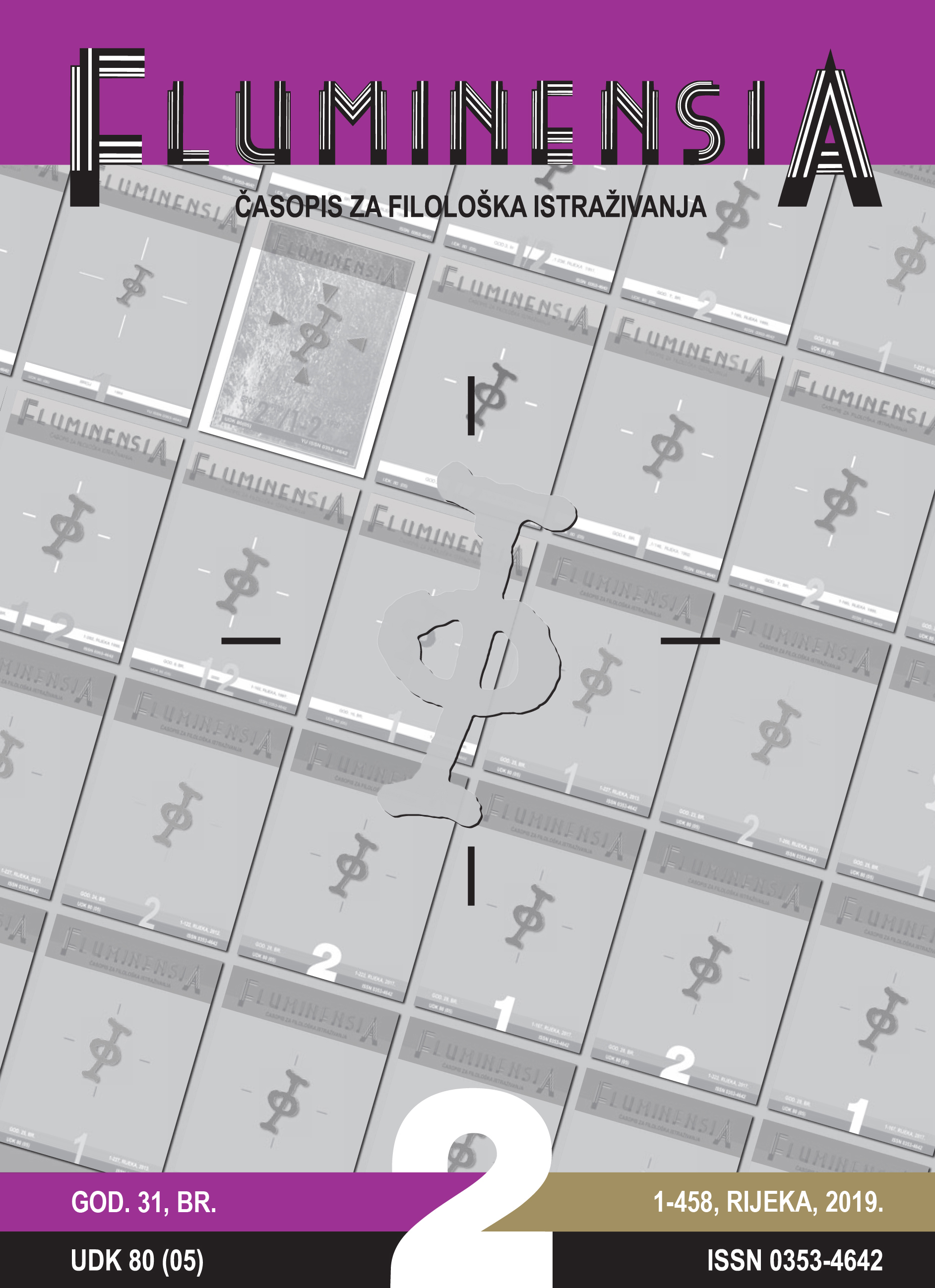Simple Adverbial Connectors in the Bosnian Language
Keywords:
connectors, simple connectors, adverbs, adverbial connectors, conjunctions, complex sentenceAbstract
The present paper deals with simple adverbial connectors, i.e. adverbs that can have the function of introducing a dependent clause into a complex sentence. The simple adverbial connectors of the Bosnian language include words such as: dokle, dokuda, gdje, kad, kako, kamo, koliko, kuda, odakle, otkuda and pošto. These words can be used to embed clauses of place, clauses of time, modal clauses, comparative and attributive clauses into a complex sentence. One of the problems with describing simple adverbial connectors is that some of them have the same form as conjunctions. Such adverbs include: gdje, kako and kad. Therefore, the paper distinguishes between cases in which these words are adverbs and the cases in which they are conjunctions. The gdje connector is an adverb when it introduces a clause of place, kako – when it introduces a modal clause, and kad – when it introduces a clause of time. If they introduce clauses with other meanings, these words are categorized as conjunctions. To distinguish between conjunctions and adverbs, a formal test of compatibility with the particle god is applied: adverbs can be combined with this particle, and conjunctions cannot. The paper presents a detailed description of simple adverbial connectors in Bosnian and reinforces the boundaries between conjunctions and adverbs, which were, in earlier sources, often set up without any explanations, based on intuition or tradition, and on which there is no agreement among the grammarians.

